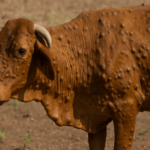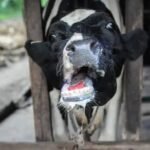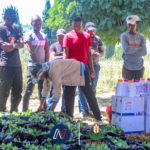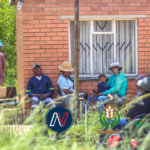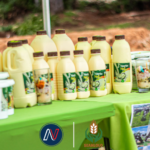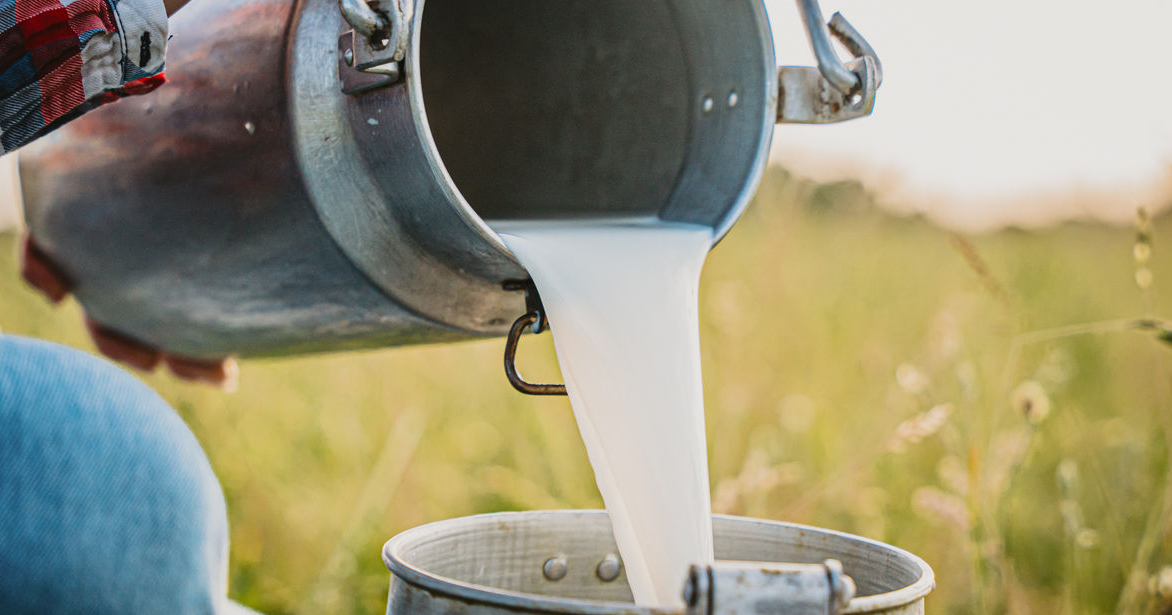By Seabata Mahao
Lesotho’s dairy dream is slowly taking shape after years of the country’s reliance on South Africa for milk and dairy products.
The government, through the Lesotho National Dairy Board (LNDB), is now stepping up efforts to empower local farmers with the skills to produce milk that proudly carries the “Made in Lesotho” label.
This month the LNDB, in partnership with the Milk Producers’ Organisation (MPO) from South Africa, hosted a four-day dairy training workshop in Maseru.
The training gathered farmers from across the country to learn about dairy cattle breeding, nutrition, disease control and record keeping.
LNDB Chief Executive Officer Abiel Mashale said the training was part of a long-term plan to help Lesotho achieve self-sufficiency in milk production.
“As an organisation under the Ministry of Agriculture, our role is to build a strong dairy industry by supporting farmers and growing the sector. We funded this training with M60,000 so that farmers could attend free of charge and gain the skills to improve productivity and move the country to self-suficiency,” he explained.
Despite Lesotho’s estimated 168,000 cattle owners, only 572 farmers have advanced dairy farming knowledge, a gap that limits local production.
However, progress has been steady, “…in 2016, national milk production was around 1.2 million litres a year, and today, thanks to continuous training and better management, we have reached about 2.3 million litres in 2024/2025.”
Mashale added that the LNDB continues to expand milk collection centres, artificial insemination services and heifer distribution programmes to improve herd quality and yield.
Workshop facilitator Ronald Rapholo from MPO emphasised that success in dairy farming depends on sound management.
He advised farmers to prioritise high-yielding, disease-resistant breeds as well as to ensure balanced feeding suited to different stages of lactation.
When you adopt preventive health measures such as regular vaccinations and parasite control, you are guaranteed to improve productivety, enhance profitability and build resilience.
Rapholo also urged farmers to keep detailed records of milk yields, breeding, and veterinary care to monitor herd performance and inform management decisions.
“Having cows doesn’t make one a dairy farmer. It’s about how you feed, breed and care for your animals.”
He urged farmers to invest in disease-resistant breeds, balanced feeding and consistent record keeping to track performance and make informed decisions.
“If you don’t measure, you can’t improve,” he said.
For farmers like Mahe Moholei from Leribe, the training has been an eye-opener as before he worked with limited knowledge and a lot of guessing.
“Now we understand that milk production is a science. We now know what to look for in a good breed, how to feed them properly and how to keep diseases under control.”
Moholei, however, pointed out that high feed costs continue to erode profits.
“Feed is too expensive. Many of us end up losing more than we make. We are encouraged to grow our own fodder to cut costs and maintain proper herd nutrition, but that too is not as simple as its suggested,” he said.
Mashale reaffirming the LNDB’s commitment to strengthening the dairy value chain and supporting local farmers noting, “Our long-term goal is for Lesotho to produce enough milk for itself.”
He added, “Every farmer who applies what they have learned here is a step closer to that dream.”
As farmers left the training hall, many carried not only new knowledge but renewed hope.
“We came here as farmers but we are leaving as dairy entrepreneurs. Milk is more than just a product but a livelihood and a promise to our families.”

